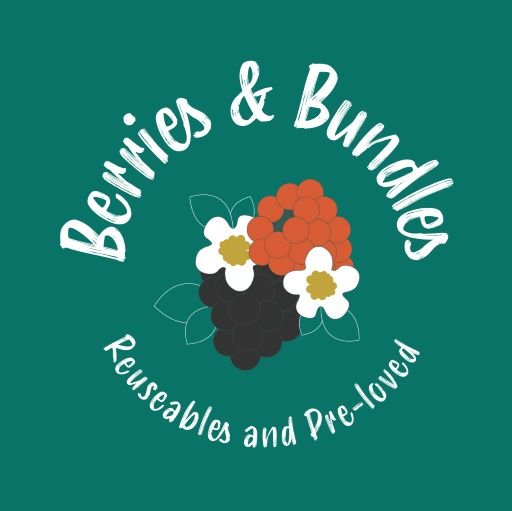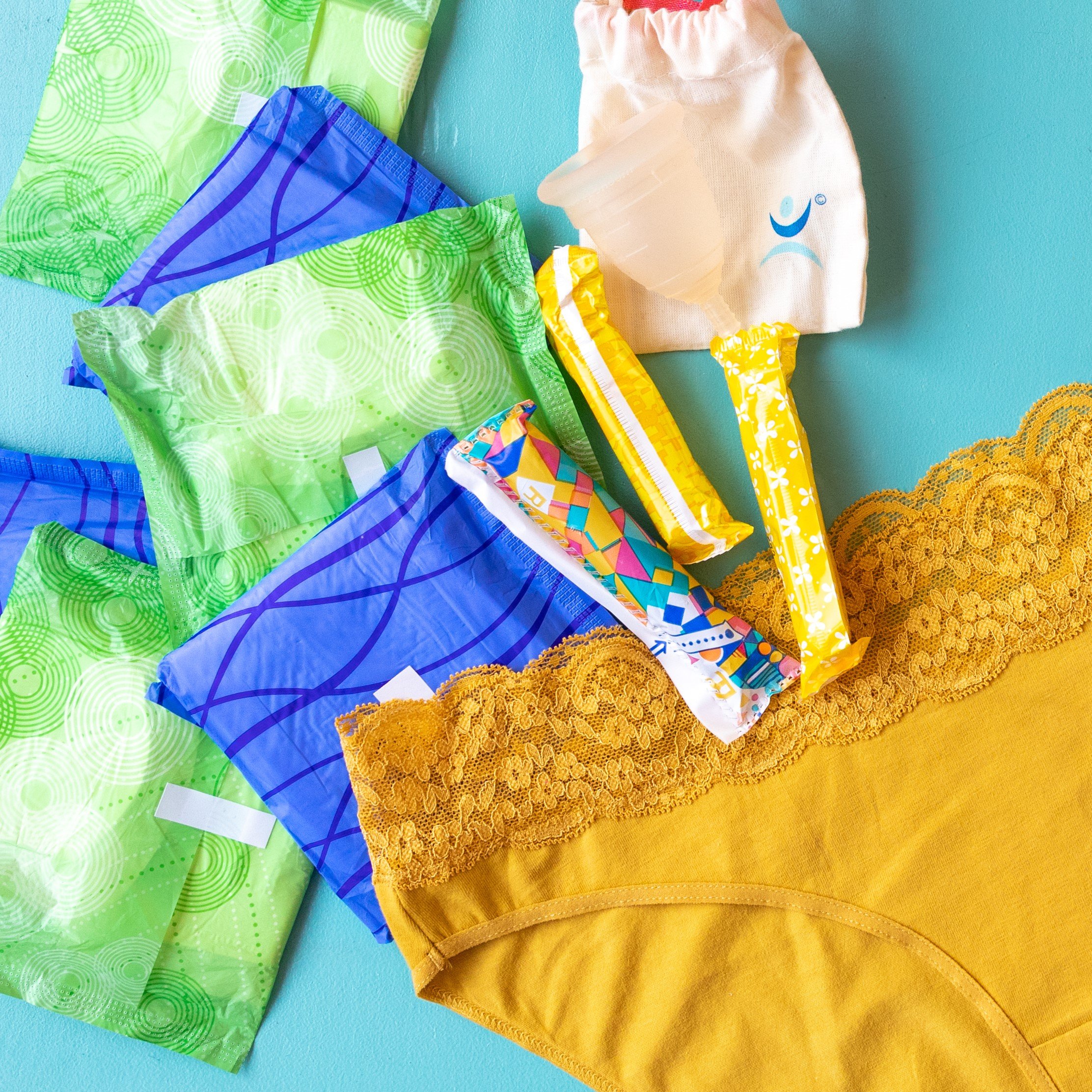Are cloth pads better for you?
Reusable pads are healthier for your body and pose no risk to health. In fact reusable period pads or period underwear are actually so much better for you, that they are recommended as a preferable option for women with endometriosis.
This is not to say that they can alter or reverse a diagnosis; but exposing the body to less chemicals can reduce symptoms.
If you suspect you are experiencing symptoms of endometriosis, please review the information on the NHS website and speak to your GP. Endometriosis UK is also the main UK organisation for information, support and campaigning.
Tampons and disposable pads are a health hazard
Disposable period products, both tampons and disposable sanitary pads, either contain or are manufactured using poisonous chemicals such as pesticides, bisphenols, phthalates and dioxins.
Manufacturers are not legally required internationally to state these on product packaging and therefore the majority of women have no idea, and innocently insert them into their bodies.
You may be shocked to learn that it is possible for these poisons to be absorbed by the vagina and enter into the body, and there is significant global evidence that the endocrine system can be disrupted. At the very least resulting in reproductive problems, and at possibly worst, cancer.
Sounds a bit extreme?
Some of the above research is cited by pro-environmental organisations who obviously have an angle here, to the extent that it could be considered conspiracy. But it is fact based and reputable all the same.
Far fetched?
There is also a school of thought offering that reusables can help with painful periods, PMS, PMT and PMDD due to a reduction in this chemical exposure.
Whilst I can’t as a reasonable human being fully endorse that reducing toxins next to your skin alone is enough to cure period pain; I can get on board with the idea that it’s better for us to eliminate exposure where we can.
And also that big money, and glossy marketing, has protected oil-derived disposable product brands from negative PR for decades; concealing the truth.
Hidden chemicals in fragrances
I was surprised to learn out that something you insert into your body doesn’t have a requirement to state what has been used in it’s manufacture on packaging. Even something as simple as a completely superfluous perfume does not have to be listed on packaging, and therefore the manufacturers don’t.
This means there is not only an element of secrecy about what chemicals these fragrances contain, but it makes you think what else are they hiding that they don’t have to legally declare.
Don’t reusables also contain plastic?
If you’re concerned about the very recent 2023 news about potential toxins in your reusable period products, I would recommend putting this into perspective.
I can’t vouch for Thinx in the aforementioned article (who are owned by conglomerate Kimberley-Clark, makers of single use climate destroying pollutants for decades), however all the brands I stock are more ethical and transparent. They are small businesses who genuinely care about every single step in their production and distribution.
It’s about weighing up your options, and with reusables saving you money in the long term, you do have a choice.
Think about who you are buying from
Brands who manufacture only reusables are more concerned than most of the impact of chemicals on women’s bodies, and do everything they can to use quality materials, and manufacturing processes that are more eco-friendly and ethical.
The very ethos of these brands is based around causing as little harm as possible, and the majority can be considered “organic”. Unless you are intending on free—bleeding, there is no better option out there currently and therefore personally I take this as a reassurance and feel much more (psychologically as well as physically) comfortable in my reusable pads.
I would also suggest that you do your research beforehand, and only buy from a quality reputable brand as opposed to the cheap alternatives available on Amazon or other such marketplace websites who stock untested products sold by anyone who will try to undercut the rest of the sellers around the globe.
Both Wuka and Modibodi have declared publicly on their websites that PFAS are not used in their textiles or manufacturing.
There is also an argument that even a menstrual cup is made of silicon, and therefore plastic, can degrade over time and should therefore be regularly replaced.
Life changing
If you’re still a bit on the fence, I’m here for you. And if you would like to see some testimonials of women who I have introduced pads to for the first time, read my quick guide.
Help guides
For more straight forward practical tips on how to switch to reusables without adding to your existing workload, have a read of my further articles/blogs:






